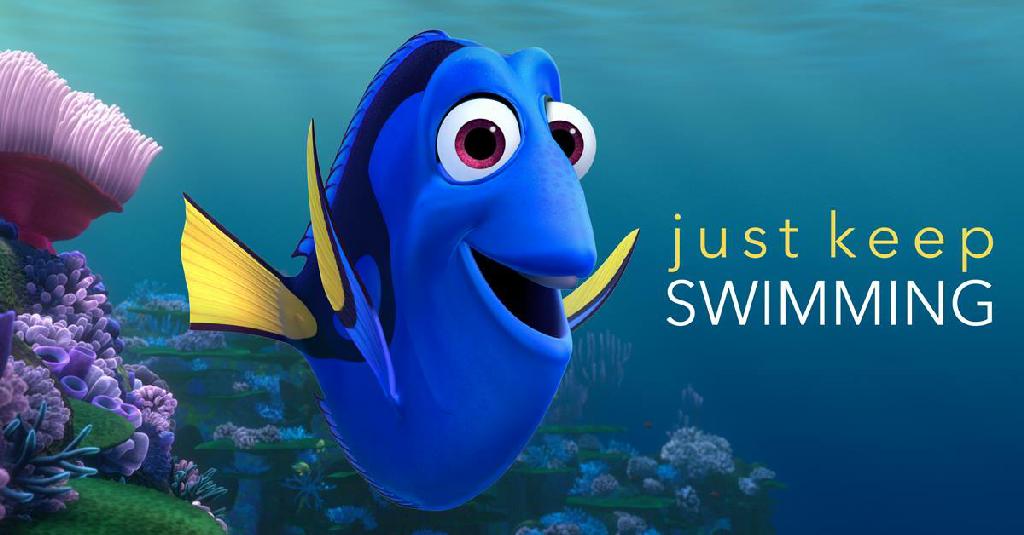For those of you that grew up in the late 2000’s and early 2010’s, television without a doubt influenced how we view the world. While we may not realize it in the moment, many children’s movies push forward a message in the hopes of young audiences maintaining it. Even though most films are fictional and have the main purpose to entertain, there is usually a meaningful message behind all of it. Take for example Finding Nemo and the Lorax. Both films are geared towards young audiences and have humorous story lines. Nevertheless, there is deeper moral that is being presented to audiences that is applied to the struggles of the real world. Why would entertainment companies want to incorporate a mature message into an animated story line that is entertaining? What impact can this have on generations growing up into a more chaotic world?
For those who have seen the movie Finding Nemo, which I assume most of you have, one of the most popular quotes is “just keep swimming.” Even if one has not seen the film, they must have heard this quote. Although it is catchy and fun, it really is philosophy to live by in a world full of hurdles and tragedies. It is interesting, however, that a playful movie would want to make this such a major take away. I mean given that the main audience is for children ten and under, most of them are not close to facing the hardships of the “adult world.” This then got me thinking, children’s films have a goal of preparing kids for the harsh realities of the real world through a fictional plot that appears far from reality.

Films like Finding Nemo, however, are not the only one that promote an outlook on life to younger audiences. Films like the Lorax bring to a light the issue of deforestation and the harsh consequences that follow. Even though this is a current issue, it is intriguing why this problem would be presented towards an audience that does not have any control over it. Now clearly children cannot run for Congress or manage a huge non-profit, but they can start to have opinions on the world around them. If young kids are presented with the harsh realities of issues like deforestation, this can help to make future generations more cognizant of the magnitude of their actions. Although this does seem a bit intense for a children’s film, it is hard to deny the importance of shaping future generations for the problems that await them.

The entertainment industry is not just a tool for people to waste their free time, it also has a significant role in shaping the behaviors of future generations. Whether people look down upon younger generations or not, they are the future. Since television has become such an integral part of children’s lives in the twenty first century, the situations and morals they are presented has a large impact on the future of society. This can range from overcoming obstacles to explaing that actions have consequences. No matter the specific issue, what kids watch in their youth does influence the future.
Sources of Images:
Just keep swimming: how to swim with the current of change – Discover Your Print
22815257_1743759528980985_7643673630303474785_n.jpg (800×712) (capegazette.com)
I like how you brought up deeper messages in children’s media. The most impressionable time of a person’s life is early childhood, and they can carry the ideas they form then with them throughout their entire lives. Putting messages like the ones you mentioned in children’s media makes sense in that the audience is likely to hold onto the morals in a unique way.
I enjoyed reading your analysis on the deeper meanings behind classic children’s movies. I really liked the part where you talked about Dory’s “just keep swimming” quote and talked about how the film overall has a hidden goal of preparing kids for the hardships of adulthood. I had never viewed this film in that particular way and found your analysis very interesting.